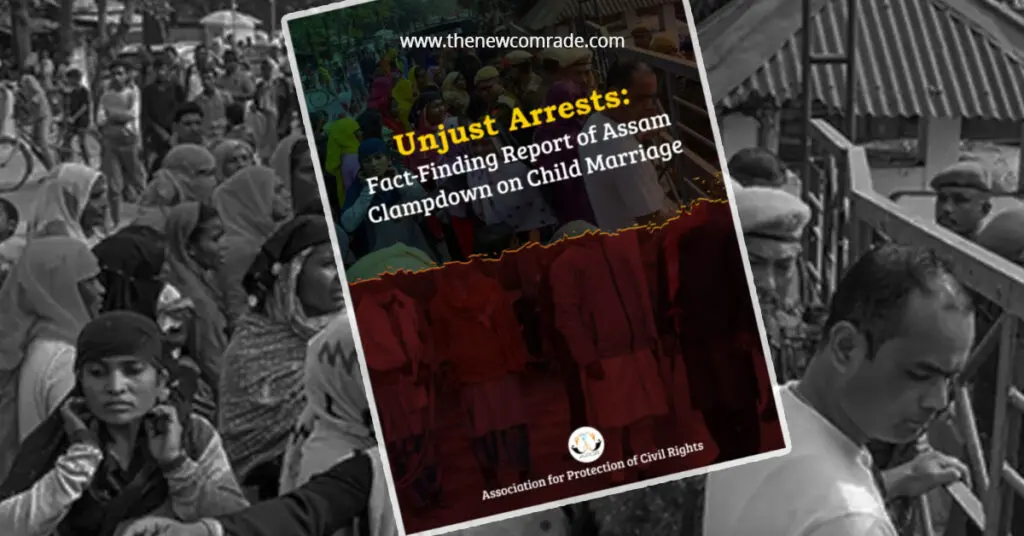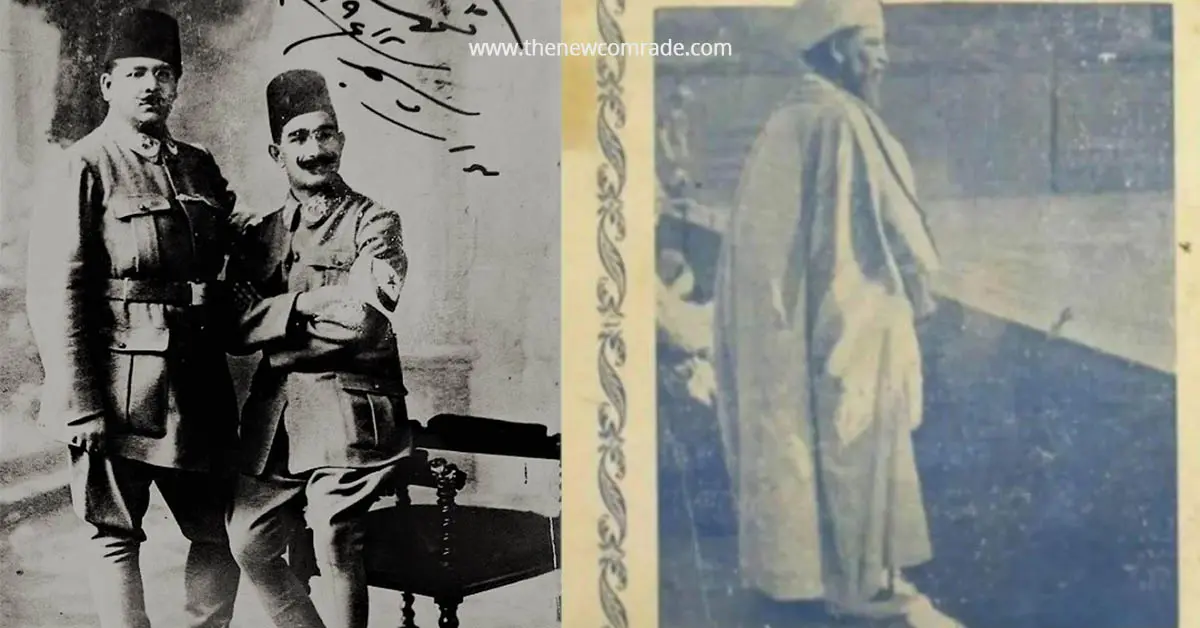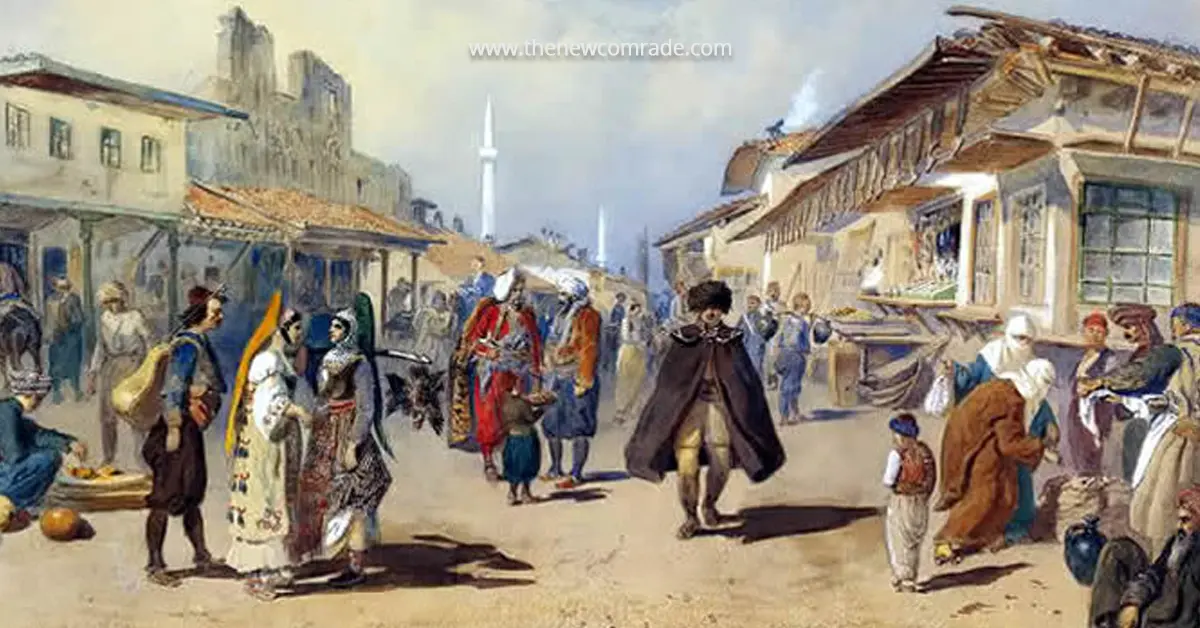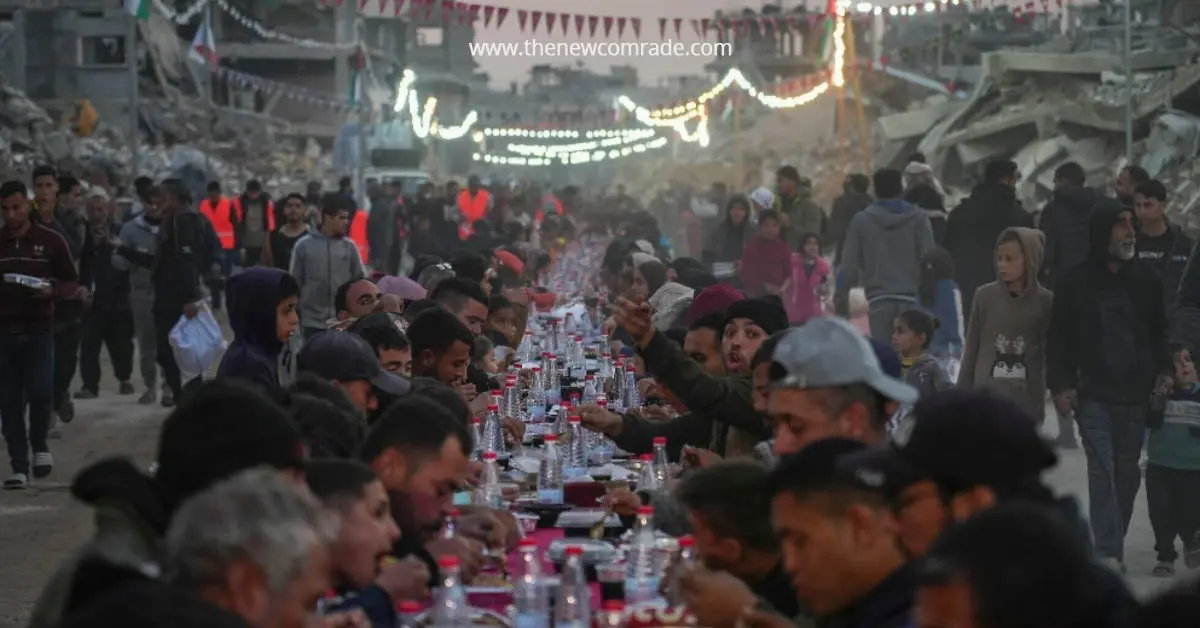Introduction
Association for Protection of Civil Rights (APCR) wing of Jamaat-e-Islami Hind (JIH) conducted a field study report that sheds light on the discriminatory practices of the Assam BJP administration against Muslim women in the state. The study provides a thorough analysis of the various government policies and initiatives that have had a negative social and economic impact on Muslim women’s lives. The report emphasizes the systematic discrimination against Muslim women by the ruling government and its effects on their fundamental human rights through extensive fieldwork and data gathering. This report seeks to increase awareness of the ongoing problems faced by Muslim women in Assam as well as being an essential resource for those concerned with the defence of minority rights.
KEY OBSERVATIONS
1. Deteriorating health conditions of pregnant women
The drive against child Marriage has a major downside affecting pregnant women who has the apprehension of arrest of their husbands, in-laws and relatives on the pretext of child marriage. They are reluctant to go to ASHA workers despite their pregnancy dates approaching. It is due because the ASHA workers have leaked/shared the data of pregnant women district wise causing apprehension of arrest. For women whose sole bread earners are languishing in jail, taking care of their children and providing nutrition to the unborn has become a major concern.
2. Retrospective implementation of the law
Child marriage is a menace to society affecting young girls and to prevent this problem the central government enacted Prohibition of Child Marriage Act 2006. However to bring social change the government needs to disseminate information and educate the masses rather than implementing drastic change through mass arrests. Penalizing and criminalizing people at this extent has larger consequences affecting their social and economical status.
3. Violation of Supreme Court guidelines on arrest
The Hon’ble Supreme court of India has issued guidelines in order to prevent arbitrary and unlawful arrest of individuals. The guideline laid down in D.K Basu v. State of West Bengal(1997) suggests that the police officer making the arrest must clearly identify himself/herself and inform the person being arrested of the grounds for arrest. It also obligates the police to inform the accused his/her right of legal representation.
4. The absence of a robust civil society
The lack of strong civil society in Assam has made it challenging to hold the government accountable and fight against state repression. The absence of a robust civil society infrastructure, coupled with a lack of awareness and education among people, has made it difficult to organize people to oppose the actions of the state. Consequently, the affected communities have often been left to fend for themselves, with little support or assistance. This has led to widespread grievances and a sense of alienation among people, particularly those from marginalized communities.
5. No legal assistance
The absence of legal aid can prevent people from accessing justice and defending their rights, leaving them vulnerable to exploitation and abuse. In Assam, the lack of legal assistance is particularly acute in rural and remote areas, where people may not have access to legal services due to a lack of infrastructure and resources. The recent crackdown has accentuated the need for accessible justice particularly for marginalized communities to navigate the legal system.
6. Lack of strong groups
The absence of strong associations in Assam to defend the rights of people has been a significant challenge in the state. The lack of organized groups has made it difficult for people to come together, advocate for the rights and demand accountability from the government. The historical marginalization of the state led to a lack of resources for civil society to sustain, additionally, the political situation in the state has been volatile to build strong and sustainable organization. In the recent event the affected families get support only through neighbours who are equally affected and not from any organized group. Advocate Junaid Khalid working in Guwahati stated that Assam as a sensitive state lacks strong civil society. People are already suffering the repercussions of NRC, rampant encounter and state repression and this added crackdown has severely affected the situation. People working here are affiliated with different political ideologies and hence very few are working for the welfare of Assam.
Conclusion
The results of this field study report are alarming, and state and federal officials need to pay immediate attention to them and take appropriate action. It is important that the government takes necessary steps to ensure that the rights of Muslim women in Assam are protected and that they are not discriminated against on the basis of their religion. The APCR wing under JIH hopes that this report will serve as a wake-up call for all stakeholders and spark a broader conversation around the issues of religious discrimination and the protection of minority rights. It is our collective responsibility to work towards creating a more equitable and just society for all, regardless of their religious affiliations.








